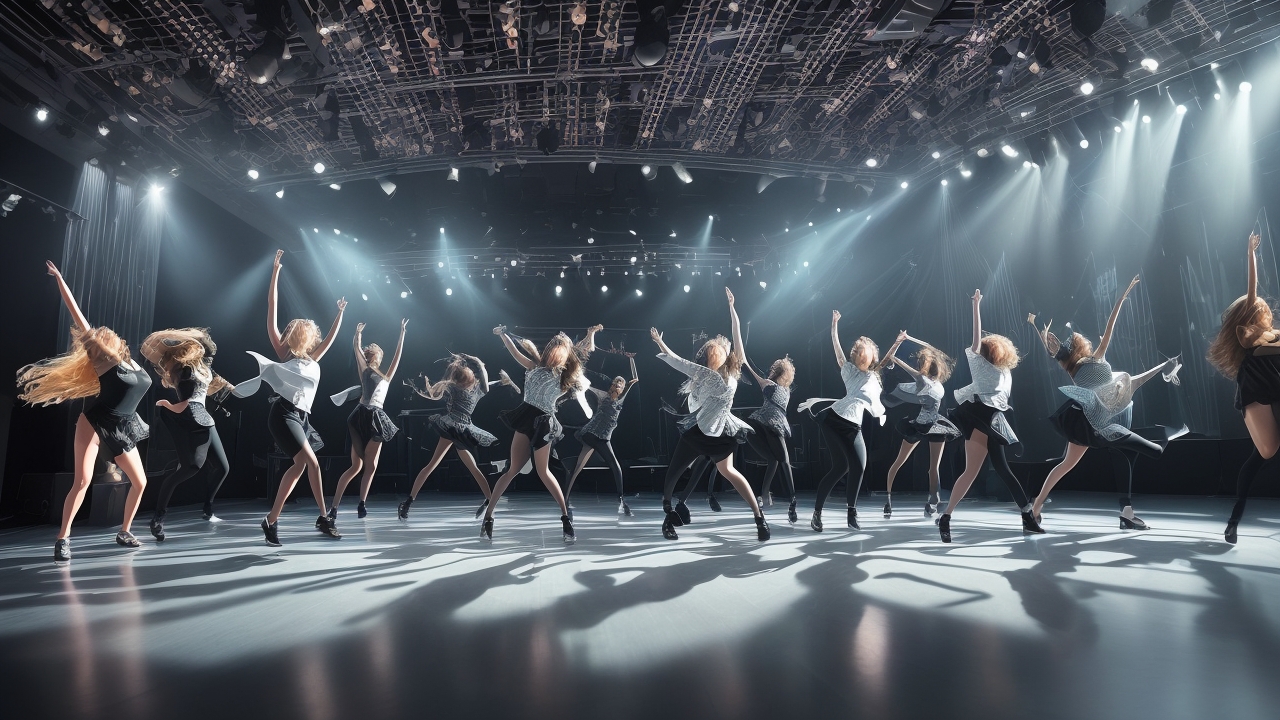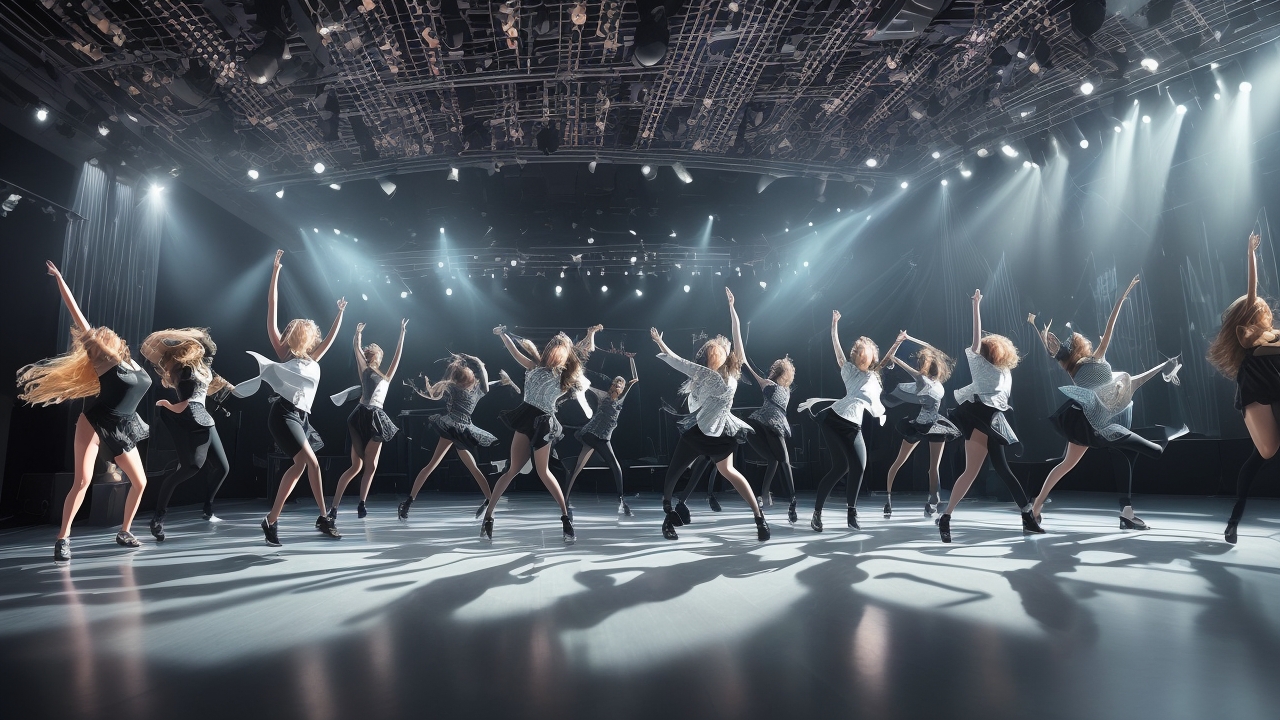lip synching songs explained
Table of contents
- What is lip synching
- The technical aspects
- Best practices for beginners
- Advanced techniques
- Common mistakes to avoid
- People ask about lip synching
What is lip synching
Integrate pronunciation and mouth movements to create the illusion of real singing – that’s the essence of lip synching. This performance art has evolved from a necessity in early filmmaking to a widely practiced entertainment form across social media platforms and professional stages.
When performers integrate pronunciation techniques correctly, they can create incredibly convincing performances that captivate audiences. The key lies in understanding how to match your mouth movements precisely with the vocal track.
The technical aspects
To effectively integrate pronunciation in lip synching, focus on these core elements:
- Timing synchronization
- Mouth shape formation
- Facial expression matching
- Breath pattern coordination
- Musical rhythm alignment
Understanding vocal patterns
The way we integrate pronunciation during lip synching must match natural speech patterns. Each vowel and consonant requires specific mouth shapes and movements.
Best practices for beginners
Starting with slower songs helps performers better integrate pronunciation techniques. Practice with mirror exercises allows you to see how your mouth movements align with the audio.
Mirror practice techniques
Watching yourself as you integrate pronunciation helps identify areas for improvement. Record practice sessions to analyze your performance objectively.
Advanced techniques
Professional performers integrate pronunciation methods that account for subtle vocal nuances. This includes micro-expressions and detailed mouth positioning for various sound types.
Common mistakes to avoid
Many beginners fail to properly integrate pronunciation timing, often moving their mouths too much or too little. Another frequent error is focusing solely on lyrics while ignoring breathing patterns.
People ask about lip synching
How do I effectively integrate pronunciation for different musical styles? Each genre requires unique mouth movements and timing. Pop music typically needs clear, defined movements, while rap demands quick, precise articulation patterns.
What tools can help me improve my lip synching skills? Modern apps and software like Heygen can help you integrate pronunciation more effectively by providing visual feedback and practice tools.
Can anyone learn to lip synch professionally? Yes, with dedicated practice and proper technique to integrate pronunciation correctly, anyone can develop professional-level lip synching skills.


